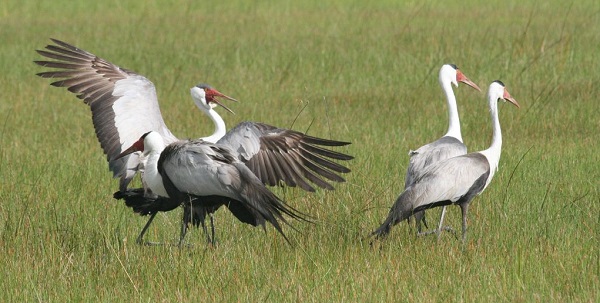
Feb 7, 2016 | Birds, News, Wildlife Monitoring
As Argos users, manufacturers or potential users you’re welcome to attend this regional Argos workshop on bird tracking. Objectives The objectives of this Scientific and Technical meeting are: Provide a forum for bird trackers and Argos representative, Inform on Argos...
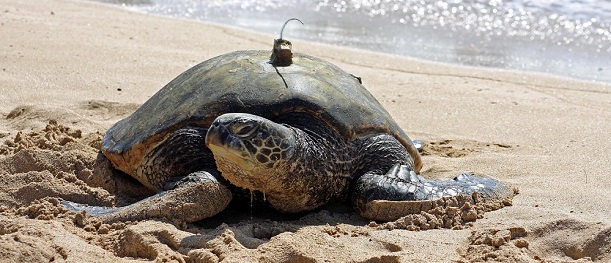
Jan 25, 2016 | News, Wildlife Monitoring
As Argos users or potential users, you’re welcome to attend this regional workshop on satellite wildlife tracking. The objectives of this meeting are: Provide a forum for scientists, biologists, ornithologists interested in wildlife tracking technology Inform on Argos...
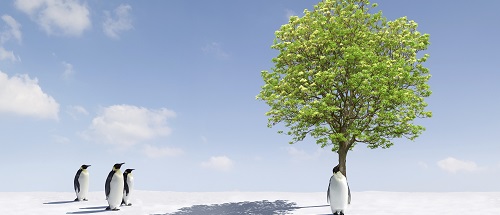
Jan 6, 2016 | News, Wildlife Monitoring
Global warming in the Arctic means that ice fields are forming later and later in the year. Polar bears linger for longer on the coastlines. Their hunger pushes them to venture increasingly into Inuit villages, rummaging through dustbins, ravaging landfill sites,...
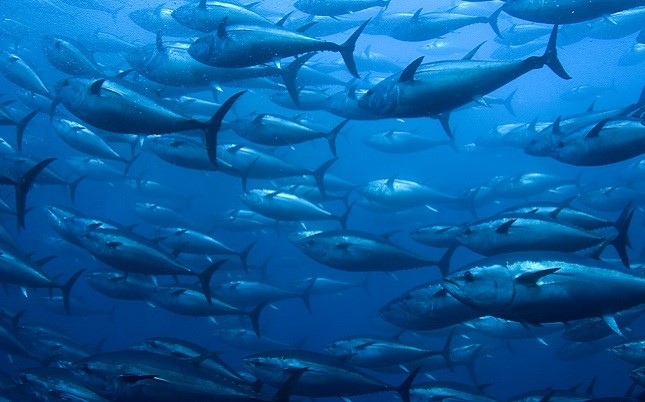
Dec 8, 2015 | Fish, News, Wildlife Monitoring
Climate change will impact fishes in complex ways, from high-energy-demand species such as yellowfin tuna, to more sedentary animals such as tilapia. While the ability to predict these impacts is essential to adapting to climate-change, our current understanding of...
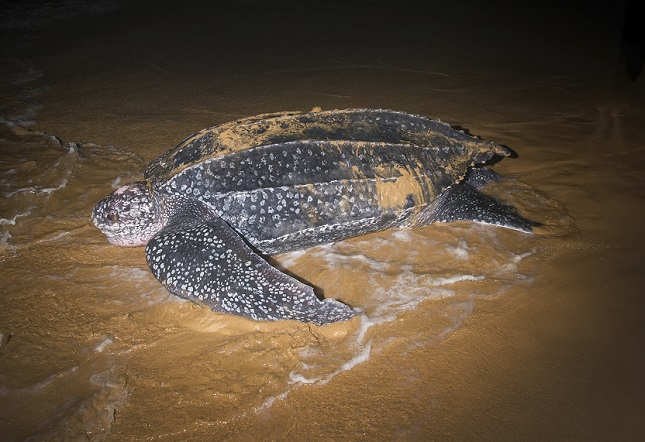
Dec 7, 2015 | Marine Animals, News, Wildlife Monitoring
Pacific leatherbacks, a species that is already in sharp decline due to development on nesting beaches, illegal egg harvesting and fisheries bycatch, may also be vulnerable to climate change. In a study lead by Ellen Willis-Norton, Argos tracking data collected from...
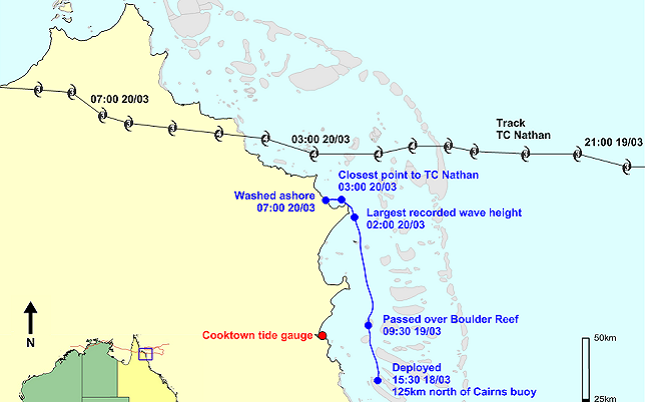
Dec 2, 2015 | News, Oceanography, Meteorology, Hydrology, Climatology
One of the consequences of climate change is that the intensity and frequency of severe weather events such as tropical cyclones is predicted to change into the future. Of particular concern to coastal communities in Queensland, Australia is that the intensity of...







